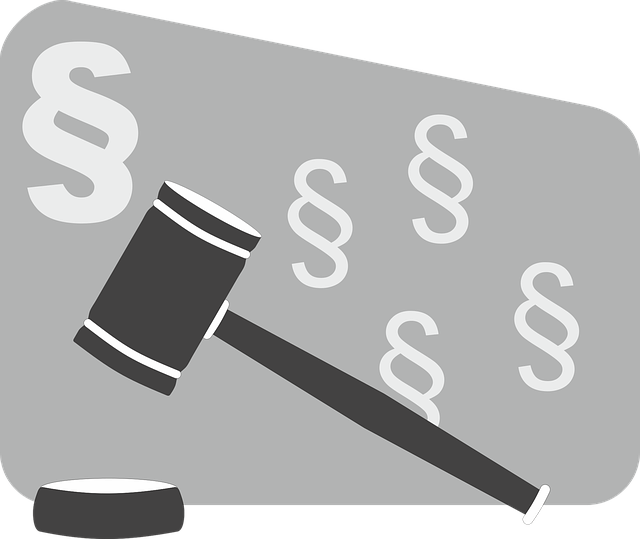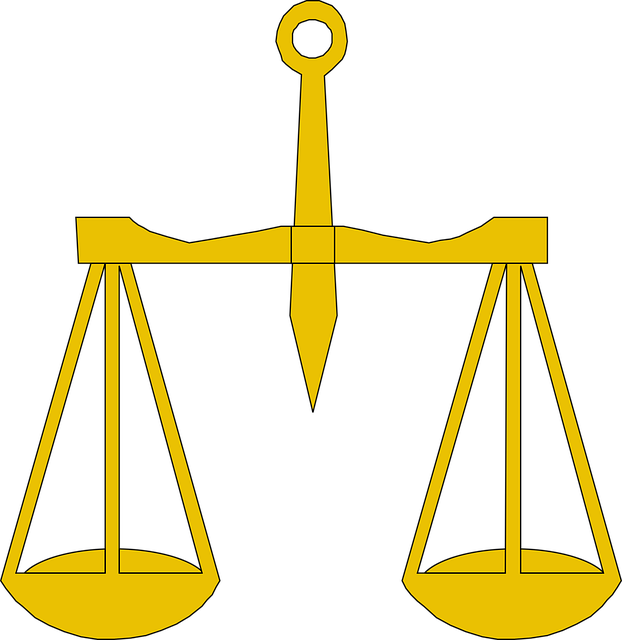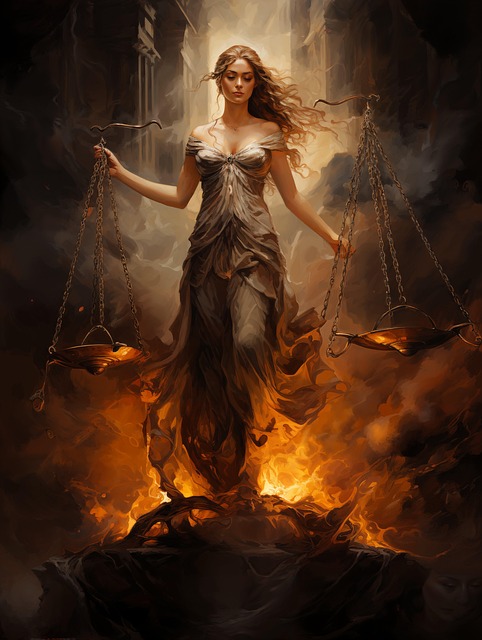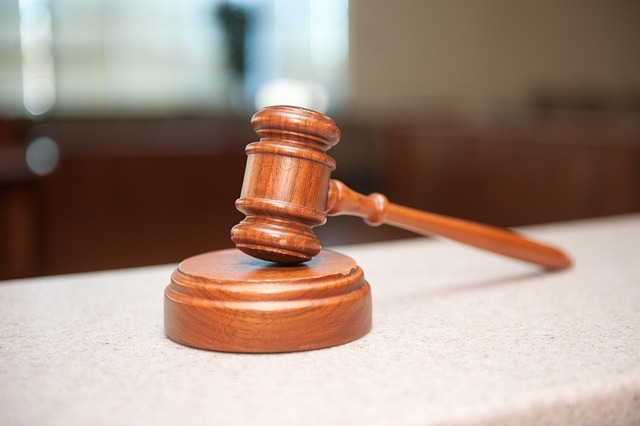Criminal Defense Attorneys are guardians of fair trials, advocating for clients facing severe charges while navigating complex cases and ethical prosecutorial practices. They ensure justice by challenging evidence, examining procedural errors, and upholding constitutional rights. In a landscape of evolving legal challenges, including advanced digital forensics and alternative dispute resolution, these attorneys must balance justice and fairness in prosecutorial ethics to provide robust advocacy. Their expertise is vital for mitigating indictments, securing favorable sentences, and maintaining the integrity of the justice system.
Criminal Defense Attorneys play a pivotal role in ensuring fair trials and safeguarding individuals’ rights within the criminal justice system. This article delves into the intricate work of these legal professionals, exploring key aspects such as ethical dilemmas faced by prosecutors, their impact on defendants’ rights, and the balancing act between punishment and rehabilitation.
We also examine modern challenges and innovations in criminal defense practice, emphasizing the importance of balancing justice and fairness in prosecutorial ethics. By understanding these dynamics, we gain insights into the complex interplay shaping today’s legal landscape.
- The Role of Criminal Defense Attorneys in Ensuring Fair Trials
- Ethical Dilemmas Faced by Prosecutors and Their Impact on Defendants' Rights
- Balancing Punishment and Rehabilitation: A Defense Attorney's Perspective
- Modern Challenges and Innovations in Criminal Defense Practice
The Role of Criminal Defense Attorneys in Ensuring Fair Trials

Criminal Defense Attorneys play a pivotal role in ensuring fair trials within our justice system. Their primary responsibility is to safeguard the rights of their clients, often those facing severe charges, by providing robust legal representation. These attorneys are crucial in balancing justice and fairness, especially when dealing with complex cases that involve high-stakes outcomes.
They navigate intricate legal landscapes, challenging evidence and testimony presented by prosecution while navigating the ethical guidelines of prosecutorial practices. By examining procedural errors, presenting alternative theories, and advocating for their clients’ constitutional rights, they ensure that the process remains fair and just. This is particularly significant in a system where avoiding indictment or securing lighter sentences are paramount, especially within the philanthropic and political communities where high-stakes cases can have profound implications.
Ethical Dilemmas Faced by Prosecutors and Their Impact on Defendants' Rights

In the pursuit of justice, Criminal Defense Attorneys often find themselves navigating complex ethical dilemmas posed by prosecutors. These dilemmas, rooted in the broader quest for balancing justice and fairness, can significantly impact defendants’ rights. One primary concern arises from the prosecutor’s role as both an advocate for the state and a representative of the public interest. This duality may lead to situations where a prosecutor’s duty to seek justice conflicts with their obligation to secure a conviction, potentially compromising the integrity of the legal process.
When prosecutors face these ethical crossroads, it can result in practices that affect defendants’ rights. For instance, the pressure to secure convictions might prompt them to employ aggressive tactics or selectively disclose evidence, undermining the defendant’s ability to mount a robust defense. Moreover, the relationship between prosecutors and law enforcement agencies adds another layer of complexity, as the desire to maintain positive working relationships could influence decisions, affecting both corporate and individual clients in general criminal defense cases.
Balancing Punishment and Rehabilitation: A Defense Attorney's Perspective

Criminal defense attorneys play a pivotal role in balancing justice and fairness within the criminal justice system. They are tasked with advocating for their clients’ rights, ensuring that punishment is proportional to the crime and that rehabilitation remains a priority. This delicate equilibrium is especially crucial during all stages of the investigative and enforcement process.
From questioning evidence to challenging witness testimonies, defense attorneys work tirelessly to protect their clients’ interests. Their goal is not merely to achieve a complete dismissal of all charges but to ensure a fair trial where both punishment and rehabilitation are considered. By upholding prosecutorial ethics and advocating for restorative justice, these attorneys contribute to a system that aims to correct wrongs while offering opportunities for growth and reform.
Modern Challenges and Innovations in Criminal Defense Practice

In today’s complex legal landscape, criminal defense attorneys face unique modern challenges. High-stakes cases often involve intricate procedural rules and ever-evolving prosecutorial ethics, demanding a delicate balance between justice and fairness. As the role of technology expands in both investigation and courtroom proceedings, lawyers must stay abreast of digital forensics advancements and their implications on client representation.
Innovations in legal practice, such as alternative dispute resolution methods, have also altered the defense strategy. However, these changes present opportunities to enhance the respective business models of criminal defense firms while ensuring their clients receive robust advocacy. By embracing technology and staying informed about ethical developments, attorneys can navigate these challenges effectively, upholding the integrity of the justice system.
Criminal defense attorneys play a pivotal role in upholding the principles of justice and fairness within the legal system. By addressing ethical dilemmas, balancing punishment with rehabilitation, and adapting to modern challenges, they ensure that every defendant receives a fair trial. Understanding these dynamics is essential for both legal professionals and the public, as it highlights the intricate dance between prosecution ethics and the rights of the accused, ultimately shaping the outcome of criminal cases.






